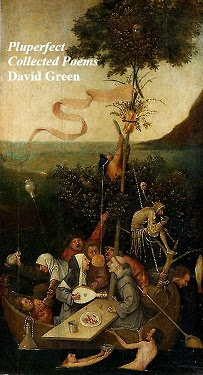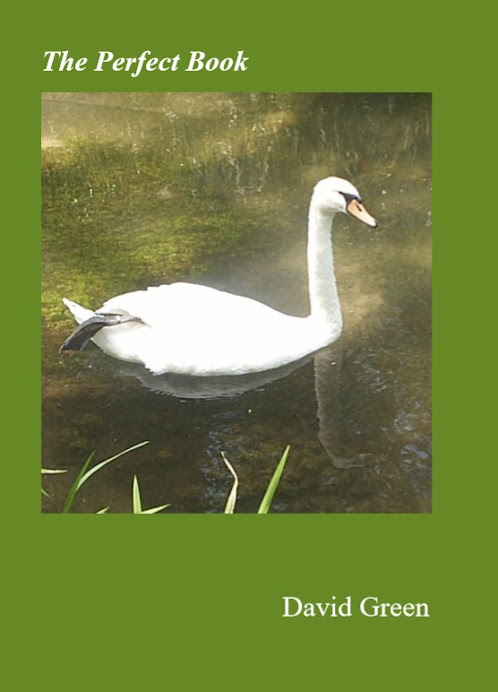I first ‘met’ Colleen Hawkins a few years ago when she won the first of my Festive Fun quizzes posted on the forum of the Philip Larkin Society website. The e-mail correspondence that followed turned into a long distance literary friendship that we liked to compare to that between Larkin and Barbara Pym. We flattered ourselves, I dare say, but it did seem to involve a gratifying degree of mutual admiration.
Colleen’s insight and judgement as a reader and literary critic immediately impressed me and it wasn’t long before I was sending her poems for her comments and criticism. Her thoughts were always intelligent, accurate and never resorted to the sort of pointless flattery that friends are ever likely to tell you just in case they upset you. And, as such, they have been valuable ever since.
Eventually Colleen was brave enough to send me some poems of her own. I say ‘brave enough’ because even luminaries as luminous as Roddy Lumsden, for some reason, regard me as a ‘tough critic’. Whereas I am, of course, actually a pussycat.
Colleen is a direct, uncompromising, forthright poet who makes Carol Ann Duffy look like her predecessor, the fey watercolourist Andrew Motion in comparison. And I’m only slightly joking.
Her poems are informed by a range of literary references, wordplay and re-made cliché. At her own estimation she inhabits a ‘nettle labyrinth’ of ‘noli me tangere’ in the face of the vagaries and vicissitudes of preconceived ideas of romantic love. Which is not to say she isn’t capable of lyrical moments but her kinship with the sceptical, disbelieving aspects of Larkin is an obvious comparison to make.
It was our correspondence that led me to admire Rochester’s
Upon Nothing as well as Patrick Hamilton’s novels and Julian McClaren Ross. She is a reader and writer profoundly ‘less deceived’ and our epistolary relationship has been my privilege to take part in.
Here is Colleen’s recent poem
In Development Hell. It’s one of my favourites of hers.
In Development Hell
The future is all behind me now
Please throw this film into fast reverse,
Let parting become a new kind of birth.
The story grows frothy this way round:
Mistakes are unmade without relief,
Snatched suddenly away by unseen thieves
Demanding everything I have to give,
Grabbing armful after armful, unliving
Days and years I unwillingly chose to live.
Without discrimination, good, bad, worse,
Disappears, emptying once heaving shelves
No longer groaning under the weight of self.
Do not restart the projector at the living end,
Let my once beginning mark the start
Of where the titles will not happen to begin.
The studio has other projects set to direct,
All cheery violence and tastefully mounted sex,
So strand me nowhere, never, ungreenlit,
One more script idea that kicks around forever,
But will not ever quite make it.
http://www.facebook.com/home.php#/profile.php?id=657456535&ref=profile







-b_rotated.jpg)






